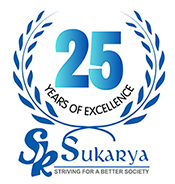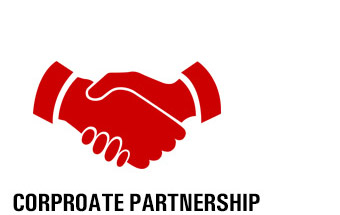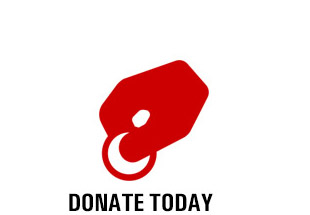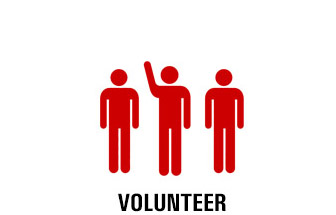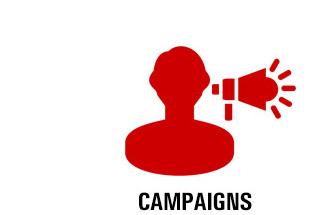
It is a well known fact that a society cannot progress till its women and children are in good health. The RCHA programme has an important role to play in ensuring the health and well-being of women and children. In Haryana and Rajasthan, the Anemia & Malnutrition Control Programme for Mothers and Children is taken up through a project run by Sukarya. It aims to reduce and prevent anemia and malnutrition among mothers (15 – 49 years) and children (0 – 6 years).
Covering an area of 30 villages of Nuh Block in district Nuh, Haryana and 30 villages of Tijara block in Alwar district of Rajasthan, it focuses on strengthening detection, treatment, and prevention of anemia and malnutrition. It combats other major causes of maternal and child morbidity and mortality through immunization and improved care at community level. Providing basic health services, it strives to improve nutrition and dietary issues by improving their access to health checkups, vaccines and essential medicines.
Project interventions
- Running a health clinic offering diagnosis & treatment, ANC & PNC services, medicine disbursement, laboratory tests, counselling and referrals
- Ensuring timely immunization while taking up convergence with Government health department and organising Mother and Child health days with Immunization camps
- Implementing nutrition and dietary interventions by providing nutrition supplements, organising nutrition awareness sessions and cooking classes, giving demos and conducting counselling on nutrition
- Holding health awareness sessions to promote positive health seeking behaviours on MCHN and associated issues, covering WASH component, community health and community ownership
- Undertaking home visits and follow-ups by government frontline workers [ASHA & AWW]; home visit/follow-ups by trained community health workers; and door-to-door visits and awareness campaigns with target groups
Scope and reach of health clinics
Health clinics detect, identify, and treat anemic and malnourished mothers and children. They provide basic laboratory check-ups for haemoglobin, blood sugar, blood pressure, height and weight measurement apart from antenatal and postnatal checkups. Regular supplies of medicines and supplements is assured as part of nutrition. Referrals and follow-ups are done by the project team. At each location, there is a monthly health clinic with a medical team in attendance comprising an MBBS female doctor, female counsellor/nutritionist and lab technician. A medicine dispenser is also made available. Community Health Workers work closely with target groups, maintaining a list of patients, ensuring their participation in health clinics and ensuring follow-ups with home visits.
Other activities include
Cooking demonstration and nutrition awareness sessions: These promote locally available low-cost nutrition, good dietary habits and use of iron vessels and pots for cooking to reduce anemia.
Organise sanitation campaigns: To promote better hygiene and sanitation practices in an age appropriate manner, they strengthen the government’s routine immunization programme
Enhance percentage of child immunization and pregnant women’s vaccination: This is taken up with counselling and awareness sessions, improved participation of CHWs in monthly immunization campaigns, mobilising of pregnant and lactating women who receive immunization services from the government health system, coinciding them with health clinics held on the same day and location as routine immunization and bringing services under one roof. Efforts are made to promote colostrums feeding, exclusive and complementary feeding and institutional delivery.
In addition to the above, it is strongly advocated to make counselling services a regular feature in every clinic. Strategic display of IEC materials must be displayed and draw attention to key messages. All the work in awareness and community mobilisation must be duly followed up with home visits & follow-ups by CHWs on regular basis.
